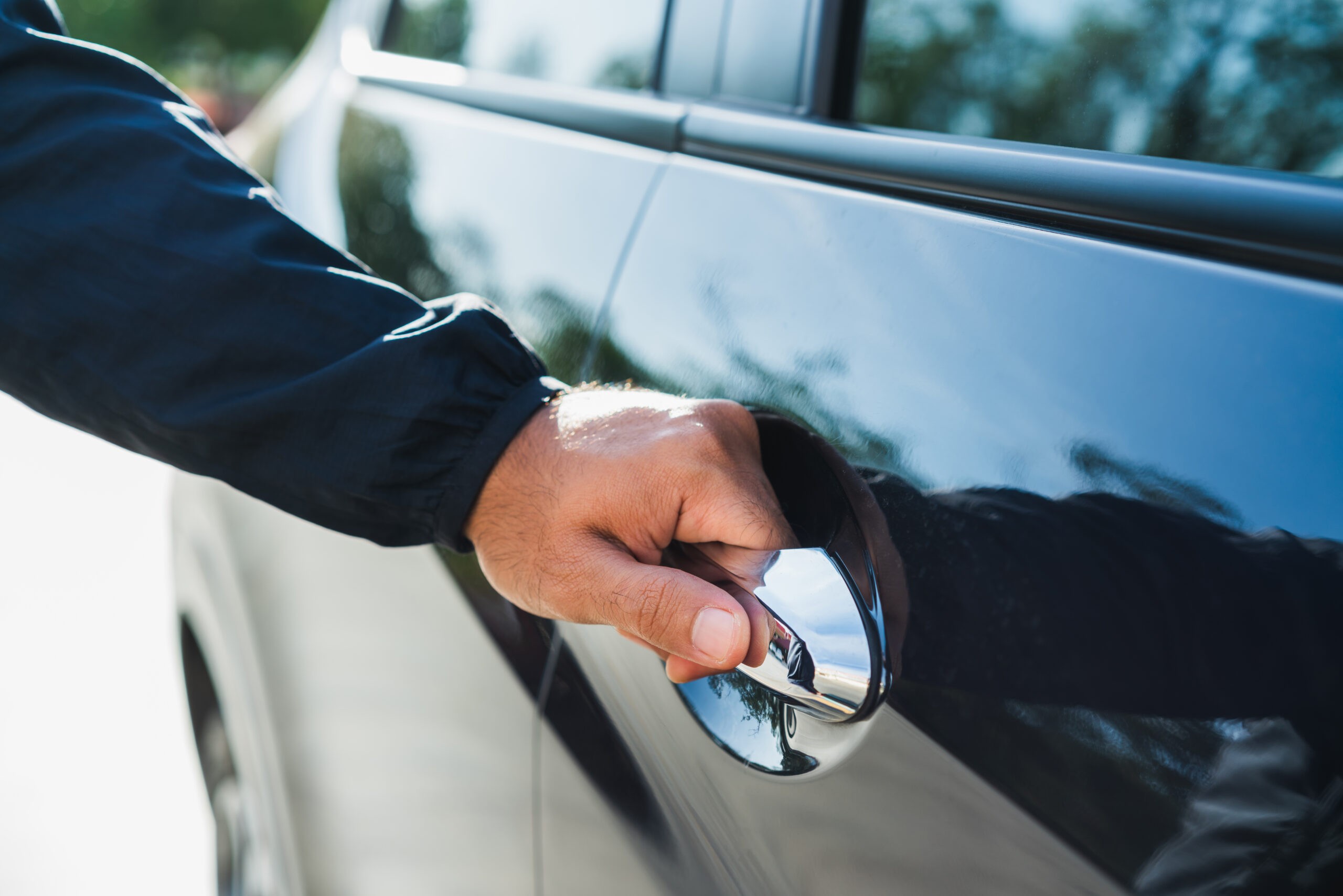Car repossession is a stressful experience, whether you’re dealing with the loss of your own vehicle or seeking opportunities to purchase repossessed cars at a lower price. Understanding the process and knowing where to look is crucial in either situation. This guide from Car Repair Online will walk you through how to find repo cars, covering both how to locate your repossessed vehicle and how to find repo car deals.
Understanding Car Repossession
Repo cars, short for repossessed cars, are vehicles that lenders—like banks, credit unions, or finance companies—have taken back from borrowers who have defaulted on their auto loans. Defaulting typically means failing to make loan payments as agreed in your loan contract. Lenders repossess vehicles to recoup their losses from the unpaid loan. While lenders aren’t legally obligated to warn you before a repossession, they must notify you afterward with details on how to potentially reclaim your vehicle. This notice is a crucial first step in finding your repo car.
If Your Car Was Repossessed: How to Find It
If you’ve realized your car has been repossessed, your immediate priority is likely finding its location and understanding how to get it back. Here’s a step-by-step approach:
-
Contact Your Lender Immediately: Your first action should be to contact the lender. They are legally required to send you a repossession notice, officially known as a “Notice of Intent to Sell Property.” This notice will contain vital information, including:
- Vehicle Location: The address where your vehicle is being stored.
- Personal Property Retrieval: Instructions on how and where to collect any personal belongings left in the car.
- Reinstatement or Payoff Amount: The exact amount you need to pay to get your car back. This might include the full loan balance, overdue payments, late fees, and repossession costs.
- Deadline to Act: The timeframe you have to pay and reclaim your vehicle before it’s sold at auction or private sale.
-
Check with Local Police: In some instances, especially if you suspect your car might have been stolen, it’s wise to contact your local police department. Repo agents are often required to inform the police of their intent to repossess a vehicle to avoid confusion with theft. Confirming with the police can rule out theft and potentially provide information about the repossession agency involved.
-
Inquire About the Repo Agent: While the lender is your primary contact, they often work with repossession agents to physically retrieve vehicles. If you know or can find out which repo agency was involved, contacting them directly might provide quicker information about your vehicle’s location, especially in the initial hours after repossession.
The Role of the Repo Agent in Locating Vehicles
Repo agents are professionals hired by lenders to locate and repossess vehicles. They use various methods to find cars efficiently:
- GPS Tracking: Some dealerships or lenders install GPS tracking devices in vehicles, particularly for buyers with higher risk profiles. Repo agents can use these devices to pinpoint the vehicle’s exact location.
- License Plate Recognition (LPR): Repo agents often use vehicles equipped with LPR technology. These systems automatically scan license plates and cross-reference them with databases of vehicles slated for repossession.
- Public Place Surveillance: Repo agents may monitor public areas like shopping malls, workplaces, and residential streets to locate vehicles. They often start by checking locations associated with the borrower’s known addresses.
It’s important to remember that in many states, repo agents need to be licensed and must adhere to specific regulations. For instance, in Pennsylvania, agents are licensed by the Department of Banking and Securities.
Finding Repo Cars for Sale: Opportunities and Risks
On the flip side, “how to find repo cars” can also refer to finding opportunities to purchase repossessed vehicles at potentially discounted prices. Repo car sales can be attractive for budget-conscious buyers, but it’s essential to understand the process and potential risks:
-
Repo Car Auctions: Lenders typically sell repossessed vehicles through auctions, either public or private. Public auctions are open to anyone, while private auctions might be restricted to licensed dealers. Websites specializing in auto auctions or local auction houses are good places to start your search.
-
Dealerships and Online Listings: Some dealerships specialize in selling repossessed vehicles, or lenders might list repo cars directly on their websites or through online auto sales platforms. Search online using terms like “repo car sales near me” or “bank repo cars for sale.”
-
Risks to Consider: Repo cars are often sold “as-is,” meaning without warranties and potentially with undisclosed mechanical issues or wear and tear. Thoroughly inspecting any repo car before bidding or buying is crucial. Consider having a trusted mechanic inspect the vehicle. Also, research the vehicle’s history using its VIN (Vehicle Identification Number) to check for accidents or title issues.
What to Do If You Believe Your Repossession Was Wrongful
If you believe your car was wrongfully repossessed—perhaps due to lender errors or improper conduct by the repo agent—it’s vital to take action. Wrongful repossession can include breaches of peace by the repo agent, such as entering a closed garage without permission, threatening behavior, or damaging your property.
Document everything, including dates, times, interactions, and any evidence like photos or videos. Review your loan agreement and any communication from the lender. If you suspect wrongful repossession, seeking legal advice from a consumer protection attorney is highly recommended to understand your rights and options.
Need Help? Contact a Consumer Protection Lawyer
Navigating car repossession and understanding your rights can be complex. If you are facing repossession, believe your vehicle was wrongfully repossessed, or need guidance on dealing with lenders or repo agents, consider reaching out to a consumer protection law firm. They can provide expert advice and representation to protect your consumer rights.
In Conclusion
Finding repo cars can mean different things depending on your situation. Whether you’re trying to locate your repossessed vehicle or looking for opportunities to buy repo cars, understanding the process, your rights, and where to look is key. If you’re dealing with repossession, remember to communicate with your lender, understand your loan agreement, and seek legal help if needed to ensure your rights are protected.


